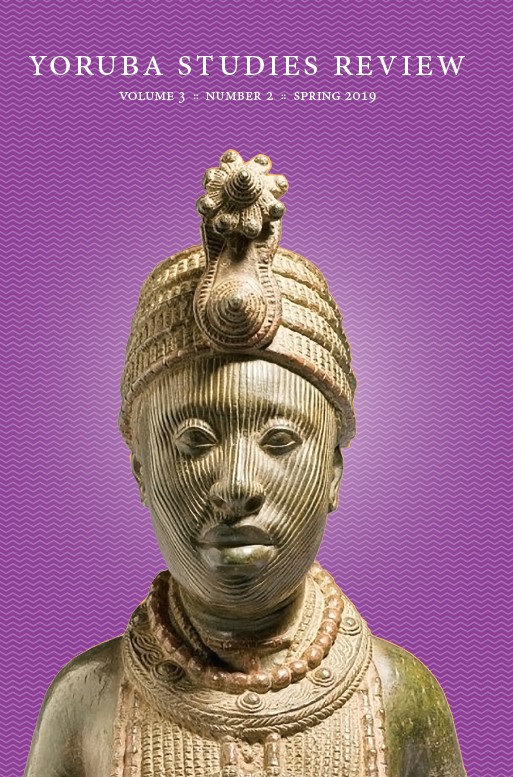Abstract
The Novel Set in 19th century traditional Yorùbáland in South Western Nigeria, Olókùn Ẹṣin is a historical tale about feudalism and enslavement, freedom and independence. It chronicles brilliantly the rebellion of an idealist, Àjàyí, son of Olókùn-Ẹṣin, a prominent member of the town’s Council of Chiefs and the chain reaction of the revolution he mounts against the injustices of enslavement and any kind of feudal practices. His violent protest results in eventual freedom and independence for the people of Òkò from years of servitude under the feudal lord, Olúmokùn, signaling the beginning of the end of feudalism in Yorùbáland. Told mostly from the protagonist’s point of view, with the help of his two prominent compatriots, childhood friend Àyọwí and Ibiwumi, the town’s ̀ Baálẹ’s own daughter, ̀ Ọmọ Olókùn-Ẹṣin chronicles not only the experiences and struggles of these three idealists, but also the inevitable uncertainties and risks of mobilizing the oppressed rank and file in a rule-of-fear system, sanctioned by traditional authority, the many trials and tribulations suffered at the hands of the wily oppressors, and the risks and frustrations of advancing the movement. Ironically, despite the novel’s tension, the ending is paradoxical. While the freedom seekers succeed in establishing a grassroots movement, first by their own example of charity and basic education, however, their hard-fought campaign is compromised by a less than convincing negotiation for freedom, which they gain by bargaining their forced enslavement for a voluntary servitude. Nonetheless, as with any fight for freedom in the modern world, the separation process between the colonizer and the colonized is tenuous, much like the typical Prospero-Caliban sort of scheming, distrustful bargaining between two “unequals.” In Fálétí’s words, “the choice of ending is no different from what happens in ‘real-life’ situations, when the colonizer ensures that he 208 From the Archives does not leave the negotiation table completely empty handed.” 1 The incongruous, happily-ever-after ending of weddings among the freedom fighters, while plausible, appears rather contrived. Nonetheless, its place in Yorùbá literary corpus and contribution to the revolutionary novel sub-genre cannot be overstated. Its significance is threefold. First, it is the best, perhaps still the only, known example of the revolutionary novel sub-genre in Yorùbá that chronicles the practice of the feudal system in Yorùbá history, thus making it the standard example, a good one at that, of successful experimentation in the sub-genre. Undoubtedly, its depiction of slavery and resistance makes it unrivalled as an eloquent marker of a historical and linguistic age gone by. Secondly, it joins the ranks of the works of only two other leading contemporary Yorùbá writers, whose attention to language make them the remaining literary and linguistic purists of the previous generation of Yorùbá writers. Thirdly, since its publication in 1970, it has withstood the test of time as the premier example of “ìjìnlẹ̀ Yorùbá.”

This work is licensed under a Creative Commons Attribution-NonCommercial 4.0 International License.
